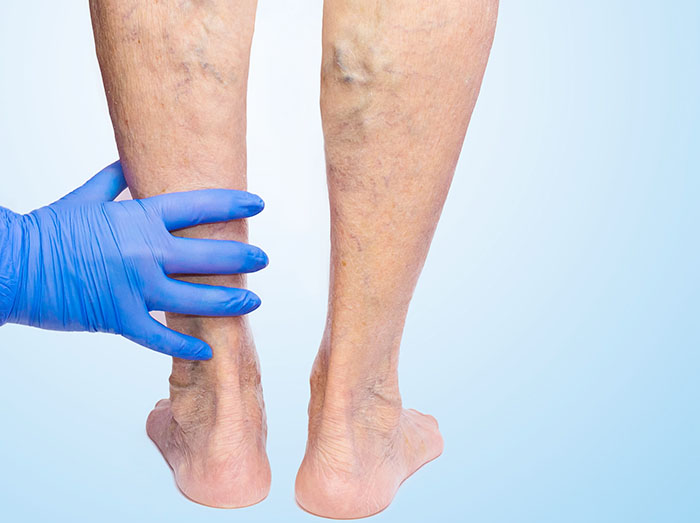Imagine being a vascular surgeon in the bustling Georgia Vascular Institute. Each day, you’re engrossed in a delicate dance between life and death – a dance that not only demands precision but also weighs heavy on your heart. You hold a scalpel, not a magic wand. You can’t wave it and make everything perfect. The pressure is immense, the stakes are high, and it’s not just about the technical aspects. There’s an emotional side to this role, a side often overlooked but deeply felt. This isn’t just about veins and arteries – it’s about people, their hopes, their fears, and their lives. Let’s delve into the world of a vascular surgeon and the emotional challenges they face.
The Emotional Load of a Vascular Surgeon
Imagine carrying the weight of one’s life in your hands. Place yourself in those scrubs, under bright lights, with a heartbeat echoing in your ears. It’s not just a number on the monitor – it’s the beat of a life. One wrong move and the rhythm could falter. It’s a burden that can weigh you down.
Decisions That Hold Lives
Every decision made in the operating room has implications. It’s not just about choosing the right tools or making the right surgical incision. It’s about lives hanging in the balance. Every choice can mean the difference between life and death. Imagine the stress that comes with that reality.
The Emotional Impact of Outcomes
Surgeons are humans, too. They feel joy when a surgery is successful. They’re plagued by guilt when it’s not. They carry the weight of every loss, every life they couldn’t save. It’s an emotional strain that follows them even after they’ve left the operating room.
Dealing with Patients’ Fears
Patients are scared. They’re anxious about their health, the surgery, and the outcome. They look to their surgeon for reassurance. It’s not easy to always have the right words, to always be the pillar of strength. It’s an emotional task that requires more than just medical knowledge.
Staying Strong Amidst Personal Struggles
Vascular surgeons aren’t immune to life’s challenges. They, too, have personal struggles – family issues, health problems, emotional turmoil. Yet, they’re expected to leave it all behind when they step into the operating room. It’s this need to compartmentalize, to constantly switch between personal and professional roles, that can take a toll on their emotional well-being.
Conclusion
Being a vascular surgeon at the Georgia Vascular Institute is more than just performing surgeries. It’s about dealing with the emotional challenges that come with the role. It’s about carrying the weight of decisions, dealing with outcomes, managing patients’ fears, and staying strong amidst personal struggles. It’s a delicate dance, indeed – a dance that requires not just technical prowess but also a strong emotional backbone.


Comments are closed.